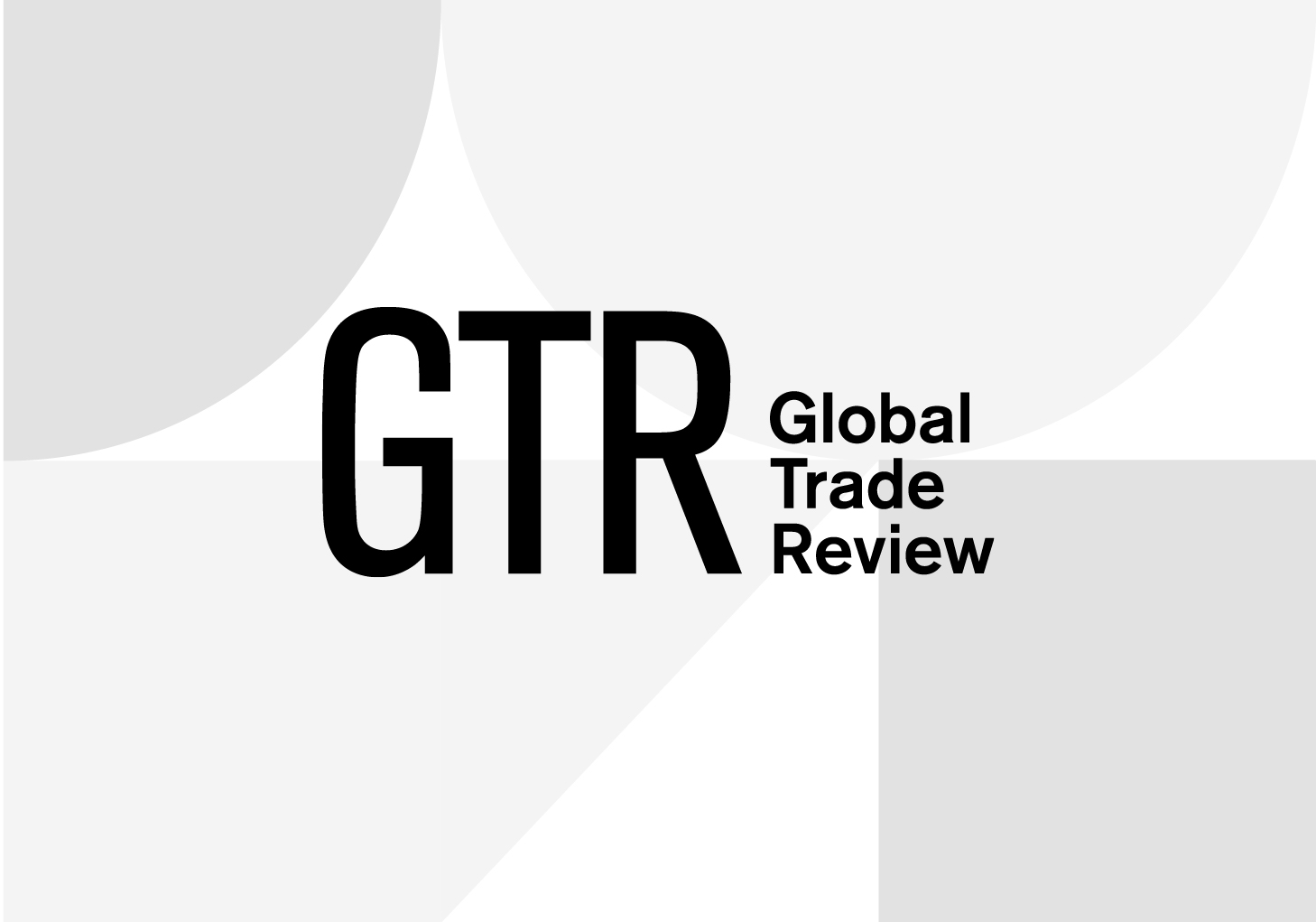Royal Bank of Scotland (RBS) has provided an innovative export finance mechanism to Centriquip, one of the UK’s leading manufacturers of centrifuges. The package will assist Centriquip in winning more contracts at home and abroad.
Centriquip offers a complete range of products for the water industry and other process industries in both the UK and worldwide. They manufacture and export high performance decanter centrifuges that enable companies to remove and dispose of sludges generated by primary and secondary treatment of environmental effluents. Centriquip is at the forefront in providing alternative solutions to dumping sludge in the sea or injecting it into land. The centrifuges de-water the sludge into a “cake “so that it can be disposed of safely and easily.
Many Asian countries are modernising their infrastructure and investing in state of the art sewage treatment plants. Traditional terms of trade do not always apply in these developing areas and by understanding the uniqueness of the trade cycle, funding gaps and the format of their letters of credit (LC), RBS was able to structure a deal that was workable for both the customer and RBS.
The deal enables Centriquip to expand its export sales and also provides them with the opportunity to continue to develop markets for service, repairs and spare parts in the future.
Richard Montanaro, managing director at Centriquip, comments: “We needed RBS to be really creative and provide us with a novel solution to meet a particularly challenging business need. In my view they have successfully delivered a package that goes far beyond basic overdraft facilities. The fact that we have this assistance enables us to bid for business that was closed to us before. It has made a real difference.”
Carl Farrell, relationship manager at RBS, adds: “We have been working with Centriquip for a number of years now and we were delighted to help them further their international growth. By understanding their specific needs, we were able to put together a package that offers some alternative ways to manage their export requirements.”







